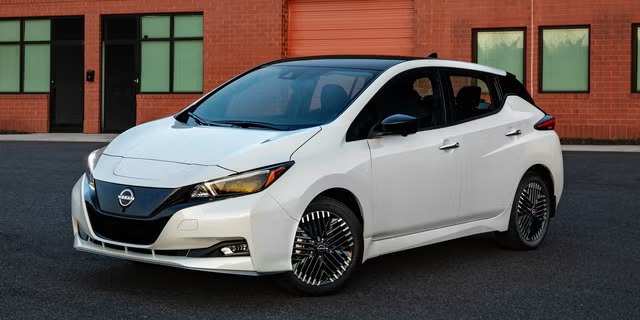The Future Is Electric: How Global Shifts and Battery Tech Will Change Driving Forever
Why the World Is Moving Away from Petrol and Diesel
After COP26, the strongest message was clear: the world must decarbonize the motor vehicle fleet.
Major car manufacturers globally are committing to this transition. Many have already released multiple electric vehicle (EV) models — and some have announced they’ll stop manufacturing petrol or diesel vehicles after 2035.
At the same time, governments worldwide are introducing emissions penalties and fuel taxes that make combustion engine ownership less appealing. This is accelerating the move to cleaner transport options.
Where Hydrogen Fits In
Hydrogen fuel has a place in the green energy mix — particularly for heavy transport, ships, mining, and long-haul operations. However, hydrogen is currently three times more expensive than battery-electric vehicles (BEVs) and presents challenges for everyday use.
Battery Tech Is Advancing Fast
Battery technology continues to improve rapidly. By 2025, we expect to see the rollout of solid-state “dry cell” batteries that could:
- Charge a vehicle in under 10 minutes
- Provide extended driving range
- Be more affordable and sustainable
Other innovations could also allow internal combustion engines (ICEs) to run on non-hydrocarbon fuels — keeping them relevant in a different way.
The Rise of Automation and Shared Mobility
The future of vehicles goes beyond just electric power. Increasingly, cars will be:
- Autonomous or semi-autonomous
- Shared through ride-share platforms
- “Computers on wheels” connected to the internet
This means personal vehicle ownership will decline, especially in cities — replaced by Mobility as a Service (MaaS) options.
Local Perspective: EMVC’s Role in NZ’s EV Future
These insights come from Alex de Boer, Managing Director of The Electric Motor Vehicle Company Ltd (EMVC) — Southland’s only fully dedicated EV company.
“When you buy an EV, the battery is the engine. It doesn’t need traditional servicing, but that doesn’t mean it should be ignored. Battery care is crucial to long-term performance,” says Alex.
Because replacement battery options are still developing, EMVC advises each customer carefully to match the right EV to the right use case.
Why We Don’t Recommend Older EVs
“We don’t buy or recommend older electric vehicles,” says Alex, “because they often have reduced range and are approaching the end of battery life.”
Bob Turner, Sales Manager, adds: “With the right battery maintenance and replacement program, EVs can potentially reach over one million kilometres in their lifetime.”
However, in Southland, where rural distances are greater, hybrid vehicles are often still the most practical option — and EMVC supports both.
Mobility as a Service: Finance, Leasing, and Ongoing Support
EMVC isn’t just about vehicle sales. They offer a one-stop shop for electric mobility solutions, including:
- Electric and hybrid vehicle leasing
- Finance-to-own options
- Expert advice and vehicle matching
- Ongoing support for long-term ownership
“In many cases, the running cost savings of an EV or hybrid can cover the cost of finance,” Alex explains. “This means there’s no upfront capital cost for most buyers — just a better way to drive.”
The next generation of transport is here — and we’re helping Southlanders lead the charge.

